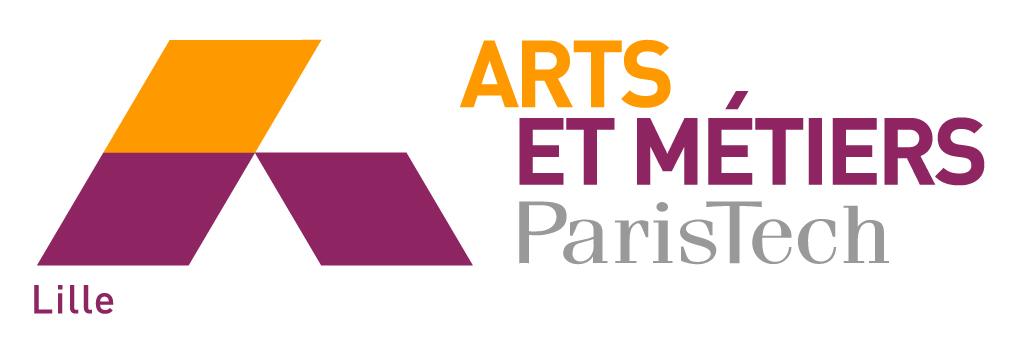Séminaire, Dr. Eric HITTINGER, Rochester Institute of Technology, 12 Janv. 2022
|
Doctoral School Unit « Sustainable Development Applications » |
 |
|
|
Within the framework of |
How Heterogeneity and technological progress can work together to drive adoption of electric vehicles?
Dr. Eric Hittinger
Associate Professor, Public Policy, Rochester Institute of Technology
12 January 2022 / 14-16h Videoconference
Abstract
Electric Vehicles (EVs) can potentially transform the fuel and energy paradigm for transportation. Currently, EVs are more expensive, primarily due to the high cost of the battery and electric drivetrain. This said, battery costs have been falling rapidly in recent years due to technological progress, an effect common to emerging energy technologies like wind and solar power. Even high-cost EVs may be a good choice for some consumers – those who pay high prices for gasoline and low prices for electricity, and those who have a high annual mileage. This implies that early adoption of the technology by a small subset of consumers may lower prices for a growing pool of customers, in a process called “cascading diffusion”. In this presentation, I discuss the interaction between future cost reductions and adoption of EVs using an experience curve. The least-cost technology purchasing model developed for this study accounts for behavioral and geographical heterogeneities. Results show that the future market parity of EVs depends on poorly understood factors: current costs and learning rates of non-battery EV technologies and future cost increases in conventional vehicles driven by stricter emissions requirements. Depending on which estimates are used, EVs either become economically attractive for nearly 100% of the population or only for a relatively small share (18%) of high-mileage drivers. These results suggest that clearer resolution of cost trends in EVs and conventional vehicles would dramatically increase confidence in the potential for EVs to reach cost parity.
About the Speaker
 Eric Hittinger holds a BSE in Polymer Science and Engineering and a MS in Macromolecular Science from Case Western Reserve University and a PhD in Engineering and Public Policy from Carnegie Mellon University. Dr. Hittinger has been a Visiting Researcher with the Laboratoire d’Electrotechnique et d’Electronique de Puissance (L2EP) at the University of Lille (2018-2019) and holds an appointment as an Associate Professor in Public Policy and Affiliated Faculty at the Golisano Institute for Sustainability at Rochester Institute of Technology. Professor Hittinger has a background in electricity technology policy, operation, and economics, with a focus on understanding the benefits and limitations of emerging technologies, including energy storage, electric vehicles, and renewable electricity sources. Before entering the energy field, he was a Project Management Engineer for the US Army, with extensive travel to support military operations abroad.
Eric Hittinger holds a BSE in Polymer Science and Engineering and a MS in Macromolecular Science from Case Western Reserve University and a PhD in Engineering and Public Policy from Carnegie Mellon University. Dr. Hittinger has been a Visiting Researcher with the Laboratoire d’Electrotechnique et d’Electronique de Puissance (L2EP) at the University of Lille (2018-2019) and holds an appointment as an Associate Professor in Public Policy and Affiliated Faculty at the Golisano Institute for Sustainability at Rochester Institute of Technology. Professor Hittinger has a background in electricity technology policy, operation, and economics, with a focus on understanding the benefits and limitations of emerging technologies, including energy storage, electric vehicles, and renewable electricity sources. Before entering the energy field, he was a Project Management Engineer for the US Army, with extensive travel to support military operations abroad.
within the TESS project of the CUMIN program.
![]()
![]()
![]()
![]()
Soutenance de thèse, Luis-Maria ALONSO 16 janv. 2022
Séminaire, Dr. Fayssal AMRANE, 6 Déc. 2021







